Search
Search Results
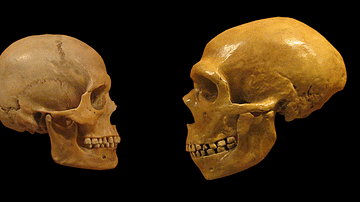
Article
The Neanderthal-Sapiens Connection
In May 2010, after years of intense discussions surrounding possible fossils of mixed Homo sapiens and Neanderthal descent floating around the scientific community, a team led by Svante Pääbo of the Max-Planck Institute for Evolutionary...

Definition
Neanderthal
Neanderthals are an extinct group of fossil humans that appeared in Western Eurasia in the mid-Middle Pleistocene and shared the stage with the first modern humans arriving in Europe from around 45,000 years ago, before disappearing from...

Definition
Akhenaten
Akhenaten (r. 1353-1336 BCE) was a pharaoh of 18th Dynasty of the New Kingdom of Egypt. He is also known as 'Akhenaton' or 'Ikhnaton' and also 'Khuenaten', all of which are translated to mean 'successful for' or 'of great use to' the god...
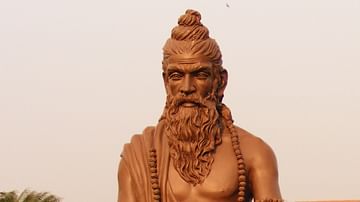
Definition
Sushruta
Sushruta (c. 7th or 6th century BCE) was a physician in ancient India known today as the “Father of Indian Medicine” and “Father of Plastic Surgery” for inventing and developing surgical procedures. His work on the...
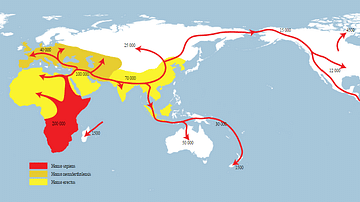
Article
Early Human Migration
Disregarding the extremely inhospitable spots even the most stubborn of us have enough common sense to avoid, humans have managed to cover an extraordinary amount of territory on this earth. Go back 200,000 years, however, and Homo sapiens...
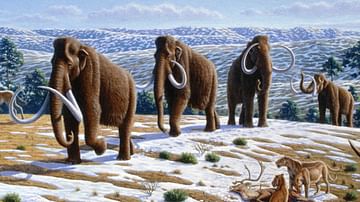
Article
Prehistoric Hunter-Gatherer Societies
Hunter-gatherer societies are – true to their astoundingly descriptive name – cultures in which human beings obtain their food by hunting, fishing, scavenging, and gathering wild plants and other edibles. Although there are still...
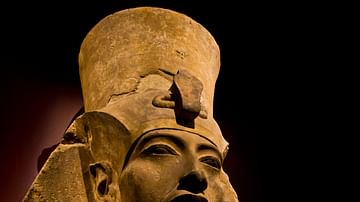
Definition
Amarna Period of Egypt
The Amarna Period of ancient Egypt was the era of the reign of Akhenaten (1353-1336 BCE), known as 'the heretic king'. In the 5th year of his reign (c. 1348 BCE), he issued sweeping religious reforms which resulted in the suppression of the...
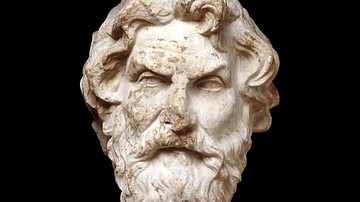
Definition
Philosophy
The word philosophy comes from the Greek philo (love) and sophia (wisdom) and so is literally defined as “the love of wisdom”. More broadly understood, it is the study of the most basic and profound matters of human existence. Philosophical...

Definition
Ancient Japan
Ancient Japan has made unique contributions to world culture which include the Shinto religion and its architecture, distinctive art objects such as haniwa figurines, the oldest pottery vessels in the world, the largest wooden buildings anywhere...
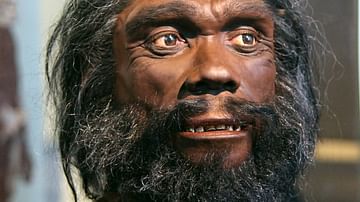
Definition
Homo Heidelbergensis
Homo heidelbergensis is an extinct species of human that is identified in both Africa and western Eurasia from roughly 700,000 years ago onwards until around 200,000 years ago – fitting snugly within the Middle Pleistocene. Named for...